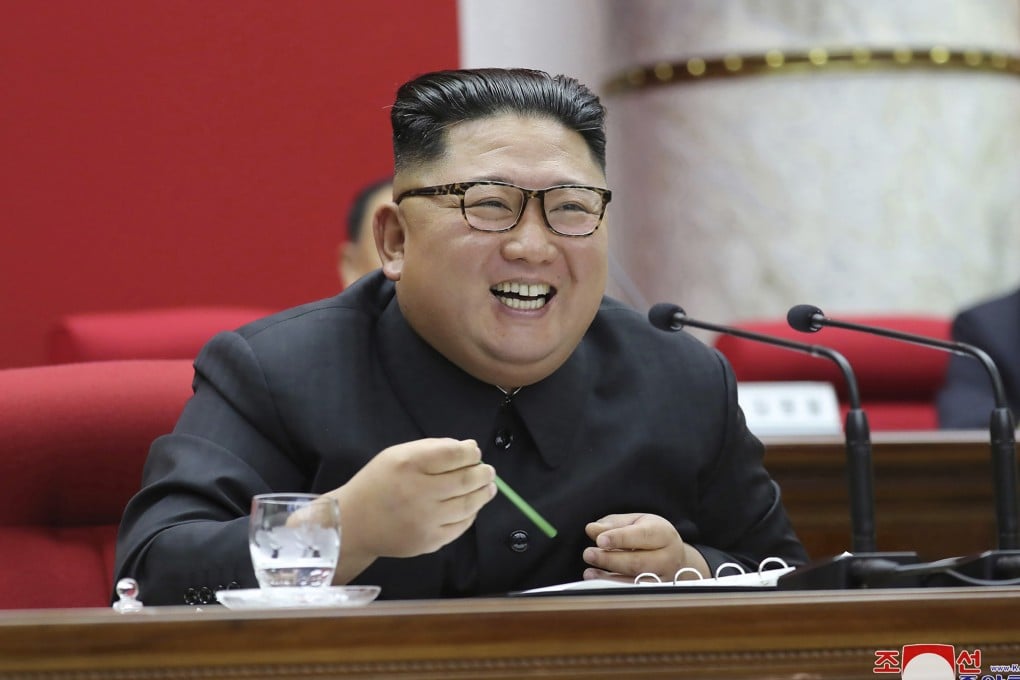Advertisement
Malaysia’s Pyongyang embassy reopening to cap relations ‘recovery’, says foreign minister
- Saifuddin Abdullah also announced the country’s intention to open a consulate in Turkey and cement ties with other Muslim nations
- He said that Malaysia would be sticking to its claims in the South China Sea and announced a decision ‘soon’ on a recent water dispute with Singapore
Reading Time:3 minutes
Why you can trust SCMP

After a year of foreign policy mishaps, Malaysia on Friday sought to ring in 2020 with a new report card outlining its policy goals for the year ahead, including the reopening of its embassy in Pyongyang.
Foreign Minister Saifuddin Abdullah told reporters this would cap “the recovery of our bilateral relations with North Korea” nearly three years after Kim Jong-nam, half-brother of the current North Korean leader, was killed in Kuala Lumpur.
Malaysia wants to be “friendly with all countries”, the minister said, adding that the Pyongyang move would provide positive reinforcement for North Korea’s aborted attempts to hold peace talks with the United States.
Advertisement
“Sometimes you need to motivate people to go to the table to talk,” he said, adding that Malaysia was “of the opinion” that at least some of the United Nations-imposed sanctions against Pyongyang needed to be lifted.

Advertisement
Advertisement
Select Voice
Select Speed
1.00x